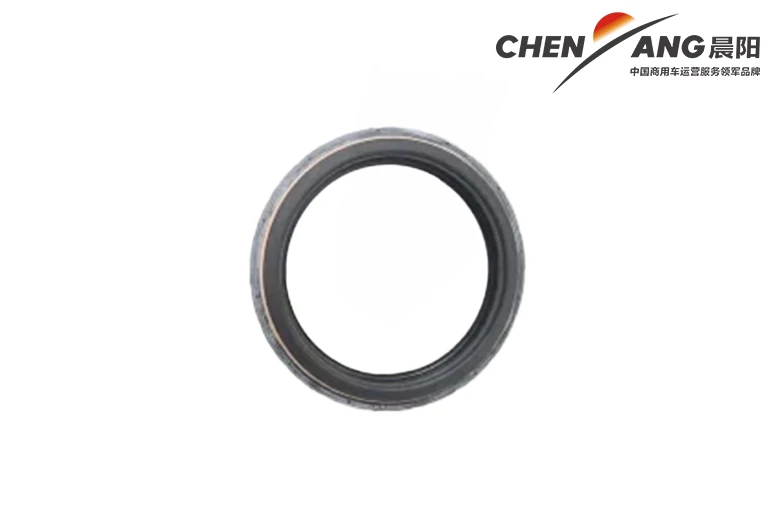transmission tune up
Transmission Tune-Up Ensuring Optimal Vehicle Performance
When it comes to maintaining a vehicle, one of the most critical components that often gets overlooked is the transmission. A well-functioning transmission is essential for a smooth driving experience and overall vehicle performance. Just like any other mechanical system, the transmission requires periodic tune-ups to ensure it operates efficiently and to prevent future costly repairs. This article explores the importance of transmission tune-ups, what they entail, and how they contribute to the longevity of your vehicle.
Understanding the Transmission System
The transmission is responsible for transferring power from the engine to the wheels, enabling your vehicle to move. It controls the speed and torque of the engine and allows the vehicle to shift gears seamlessly. There are two main types of transmissions automatic and manual. Both types have their unique components, but the basic principles of operation remain the same. Over time, wear and tear, along with exposure to heat and contaminants, can degrade the performance of the transmission, leading to issues such as slipping gears, delayed engagement, or even total failure.
Why a Tune-Up is Essential
A transmission tune-up involves a comprehensive inspection and maintenance of the transmission system. Regular tune-ups are crucial as they help identify potential problems before they escalate into major repairs. Some key reasons to prioritize transmission tune-ups include
1. Improved Performance Regular maintenance keeps your transmission functioning optimally, resulting in smoother shifting and improved acceleration. This not only enhances your driving experience but also increases your vehicle's overall efficiency.
2. Extended Lifespan By addressing minor issues during a tune-up, you can significantly prolong the lifespan of your transmission. This proactive approach can save you the financial burden of a complete transmission replacement, which can be exorbitant.
3. Fuel Efficiency A well-maintained transmission operates more efficiently, leading to better fuel economy. This is especially important in today’s world, where fuel prices can significantly impact your overall expenses.
transmission tune up

4. Avoiding Breakdowns Regular tune-ups can help prevent unexpected breakdowns. By catching issues early, you can avoid being stranded on the road or facing a sudden, inconvenient repair.
What Does a Transmission Tune-Up Include?
A transmission tune-up typically includes several key services, such as
- Fluid Checks and Replacements Transmission fluid is essential for lubricating and cooling the transmission components. During a tune-up, mechanics check the fluid level and condition, and replace it if necessary. Contaminated or low fluid can lead to severe transmission issues.
- Filter Replacement Most vehicles have a transmission filter that helps catch debris and contaminants. Over time, these filters can become clogged, impeding the flow of fluid. Replacing the filter is a crucial part of the tune-up.
- Inspection of Components Mechanics will inspect vital transmission components, such as gears, seals, and gaskets, for wear and tear. Any signs of damage can be addressed before they lead to more significant problems.
- Diagnostic Testing Many modern vehicles are equipped with onboard diagnostics. Mechanics can use specialized tools to check for error codes and any underlying issues that may require attention.
Conclusion
In conclusion, a transmission tune-up is a fundamental aspect of vehicle maintenance that should not be neglected. By scheduling regular tune-ups, you can ensure your transmission operates smoothly, enhance your vehicle's performance, and save money in the long run. When was the last time you had your transmission checked? Don't wait until it's too late; invest in a tune-up today and enjoy the peace of mind that comes with a well-maintained vehicle.
-
2BFY Traction Series Grain Fertilizer Seeder-Chenyang Group|Precision Farming,Agricultural MachineryNewsJul.30,2025
-
2BFY Traction Series Grain Fertilizer Seeder-Chenyang Group|Precision Farming SolutionsNewsJul.30,2025
-
2BFY Traction Series Grain Fertilizer Seeder-Chenyang Group:Integrated Seeding&FertilizingNewsJul.30,2025
-
2BFY Traction Series Grain Fertilizer Seeder - Chenyang Group|Integrated Seeding,FertilizingNewsJul.30,2025
-
2BFY Traction Series Grain Fertilizer Seeder-Chenyang Group|Integrated Seeding&FertilizingNewsJul.30,2025
-
Grain Fertilizer Seeder-Chenyang Group|Precision&EfficiencyNewsJul.30,2025
Popular products

























